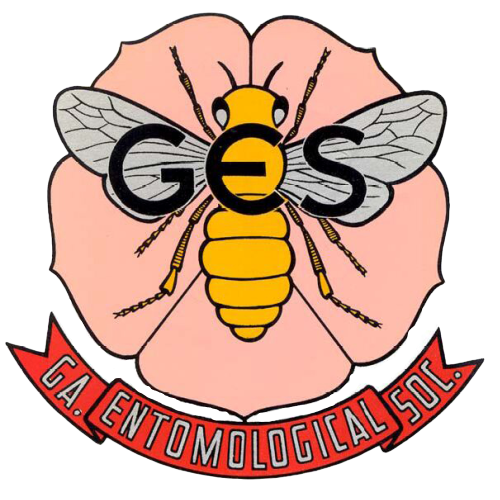Nutritional Effects on Vitellogenesis in Species of Drosophila
A comparative study of vitellogenesis in response to feeding was made in females of three species of the genus Drosophila, belonging to different species groups. The process of vitellogenesis, although conservative, shows significant differences in species phylogenetically distant to D. melanogaster (Meigen). Females of D. virilis (Sturtevant) and D. hydei (Sturtevant) enter vitellogenesis and produce mature eggs only after proteinaceous food intake, but not under sucrose diet, while D. melanogaster females are able to support oocyte development upon maturity under sucrose diet. Electrophoretic analysis of the hemolymph of D. virilis and D. hydei starved or sucrose-fed females shows yolk protein synthesis at trace amounts. Interestingly, in the absence of proteinaceous food one or two other polypeptides of slightly higher molecular mobility than vitellogenins (but not vitellogenins) are produced, indicating a condition of starvation shock. These polypeptides are not detected in the hemolymph of either starved or sucrose-fed females D. melanogaster in which the vitellogenins are produced at low rate or significant amount, respectively. The results indicate that starvation affects ovarian yolk protein synthesis as well. Conversely, starvation does not directly affect the process of yolk protein uptake by the developing oocytes.
